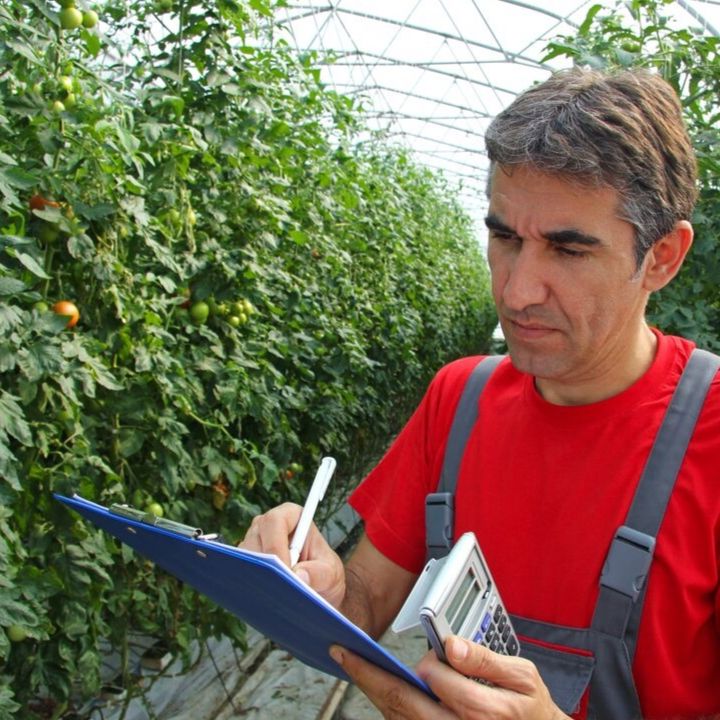Bill 66: Are Natural Resource Protections “Red Tape”?
January 18, 2019 | Josh Kraemer

The government has introduced Bill 66 in order to reduce “red tape.” While it is hard to argue with effectively removing unnecessary reporting and compliance measures, the kind of red tape that is to be removed with schedule 10 of the Bill, has sparked much controversy. Schedule 10 relates to the amendments to the Planning Act allowing for “open-for-business” municipal planning by-laws. These amendments would allow municipalities to make applications to the Minister of Municipal Affairs and Housing to bypass existing legislation. Given that the existing legislation has already been agreed upon, we should pause to consider whether benefits of reducing red tape in these cases exceed the costs. Is Schedule 10, – the open-for-business clause – in fact protecting us from undue costs, or is it instead putting at risk essential laws that we consider dear to us in Ontario?
For example, Schedule 10 could allow municipalities to bypass the Oak Ridges Moraine Conservation Act (2001), the Clean Water Act (2006), and the Greenbelt Act (2005) that were originally developed through extensive consultation with the public sector, communities, and experts. This process led to the creation of effective policies that are specifically intended to protect the environment, natural heritage sites, human health, and farmland. Therefore, Schedule 10 raises concerns about the long-term protection of our natural assets including some of our best farmland, specifically farmland facing development pressures in and beyond the Greater Golden Horseshoe.
Once farmland has been developed for residential or industrial purposes, the possibility of that land ever returning to agriculture is essentially nonexistent.
Bill 66, and especially schedule 10, not only targets red tape but also prioritizes economic growth at the expense of environmental and social well-being for current and future generations. As such, this proposed legislation runs contrary to CFFO’s long-term goals of improving soil and water quality as well as preserving farmland that all contribute to sustainable long-term agri-food sector success and food security for Ontario. If, however, the Bill is passed despite widespread public concerns, accountability measures should be added to the legislation. For example, it should include additional provisions to provide transparency and public review and input regarding decisions at both the municipal and the ministerial levels.
If the argument for the proposed changes is the need to expand housing supply in line with provincial targets, then municipalities should also be given incentives to adhere to provincial density targets within existing urban areas rather than expanding outward into these (otherwise) protected lands. We see many options, including
- revising municipal financing by expanding revenue sources beyond land taxes, which give the incentive to expand into protected lands;
- revising the Landlord and Tenant Act to encourage more rental housing within municipalities; and
- rezoning brownfields in municipalities to offer expansion opportunities for development through urban renewal.
Protocols need to be in place so natural resources and farmland protections are not minimized when planning future development projects, in the name of red tape reduction. Rather than watering down current protections, we in Ontario need to ensure there are further safeguards so that development goals truly balance social, economic, and environmental concerns to support future sustainability in Ontario.
Josh Kraemer is Communications Intern for the Christian Farmers Federation of Ontario. The CFFO Commentary represents the opinions of the writer and does not necessarily represent CFFO policy. The CFFO Commentary is heard weekly on CFCO Chatham, CKXFM Chatham, and CKNX Wingham. It is also archived on the CFFO website, www.christianfarmers.org. CFFO is supported by 4,000 family farmers across Ontario.
 Skip to main content
Skip to main content